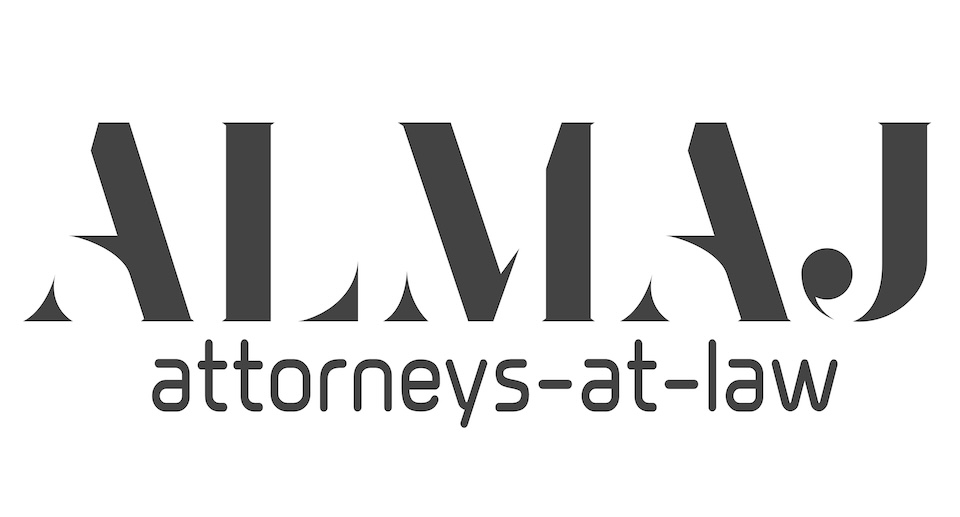Corporate Philanthropy in time of Covid-19
On March 11, 2020, the WHO declared the Covid-19 infection a pandemic. The Romanian medical system faces numerous shortcomings in its fight against Covid-19; by understanding the critical situation, dozens of businesses and public figures have shown solidarity with the medical personnel.
In order to secure the applicability of the fiscal regime provided for sponsorship/patronship activities, the method and manner of helping must be, even in emergency status conditions, compliant with the applicable legal provisions. This article aims to inform about the legal ways by which private companies could help medical professionals with the necessary equipment and supplies in their difficult fight against the coronavirus.
Regarding the contract type to be used, we recommend for these services not to be materialized as a donation. In accordance with the general rules settled by the Romanian Civil Code the businesses or profit-making legal entities may have any civil rights and obligations, besides those which by their nature or according to the law can belong only to the natural persons, such as performing donations or other activities which are not eventually expected to provide any business advantage. Additionally, the donations are submitted to a strict rule imposed by law, being mandatory to be concluded in authentic form before a public notary, under the sanction of the respective contract becoming utterly void.
We believe that the preferable solution would be to conclude a sponsorship contract. The sponsorship is the way by which a company can provide support to a non-profit organization or a person certified by such an organization. In return, the company could also benefit from certain tax facilities. The sponsor has the right to request the sponsored organization to recognize its sponsorship and display the logo and the main elements of identification of the sponsor in visible places.
Considering that the sponsorship contract may be privately signed, without the need to be authenticated, we believe the sponsorship contract to be preferable to the patronship (“mecenat”) contract, the latter being necessary for validity purposes to be concluded in authenticated form, before a public notary. The sponsorship contract must be only concluded in written form and shall minimally contain the object, the value and the duration of the sponsorship, but also the rights and obligations of the parties.
The legal framework applicable to the sponsorship contract is given by Law no. 32/1994 regarding sponsorship and by the Fiscal Code. The mentioned law defines the sponsorship as “the legal act by which two persons give their agreement regarding the transfer of the ownership rights over some material goods or financial means for supporting non-profit activities carried out by one of the parties, named the beneficiary of the sponsorship”.
In case of sponsorship consisting of material goods, they should be evaluated within the contract at their real value calculated at the time of handover to the beneficiary, in compliance with the fiscal provisions.
Regarding the fiscal regime applicable, the companies that are paying profit tax may decrease their tax base with the equivalent of sponsorship, but not more than 5% of the tax base. Thus, sponsorship amounts shall be subtracted from the profit tax within the limits cumulatively provided by the legal provisions, namely, the amounts recorded in the sponsorship expense account are subtracted from the profit tax within the limit of 0,75% of the turnover and they should not represent more than 20% of the due tax on profit; the amounts exceeding the above thresholds and which therefore are not deducted from the profit tax can be carried over to the next 7 consecutive years.
VAT payers have the right to deduct the tax related to the goods and services purchased that are the subject of sponsorship respecting the level and destinations provided by law. According to the provisions provided in the Tax Code, within the scope of the activities submitted to VAT are included delivery operations. However, granting of law value goods within the sponsorship does not constitute delivery of goods under the conditions established by the Implementing Rules of Tax Code. Thus, according to point 7 paragraph 12 of the above mentioned normative act, the VAT is not collected for the goods offered as sponsorship as long as the conditions in the Rules are respected, according to which, the granting of goods in the sponsorship actions is not considered delivery of goods if the total value during a calendar year falls within the limit of 3‰ of the turnover.
Finally, there should be mentioned that the specific legal deed issued for the emergency status (i.e. Decree 240/2020) also provide special dispositions applicable to philanthropic deeds, mentioning that during emergency status:
- While medical equipment and disinfectants can be received by medical units without the need of an endorsement from the National Medication and Medical Devices Agency (“ANMDMR”),
- When it comes of receiving medical devices (e.g. any instrument, apparatus, equipment, software, material or other item, used separately or in combination including software designed by its producer to be used specifically for diagnostic and/or therapeutic purposes and necessary for the proper operation of the medical device, designed by the producer to be used for humans, vaccines, serums, medical reagents and related supplies a prior approval from ANMDMR should be obtained.
Below you can find a basic yet in line with legal provisions draft of a sponsorship agreement, which we hope to be useful for your future sponsorship activity.




